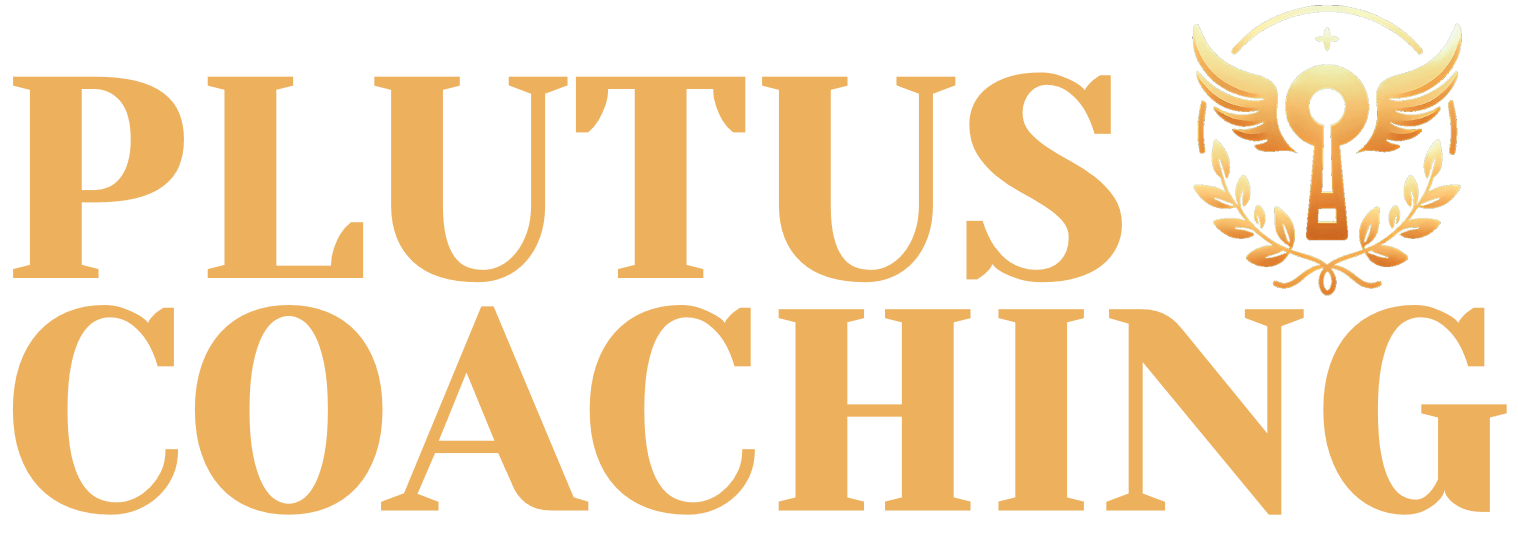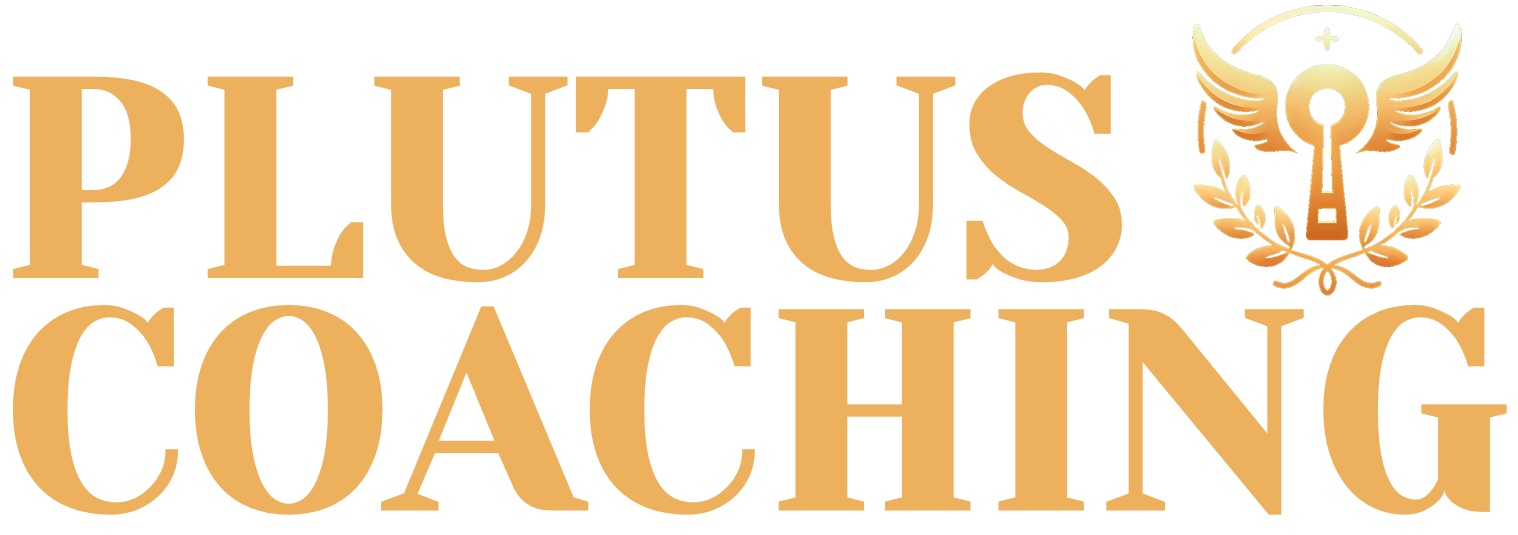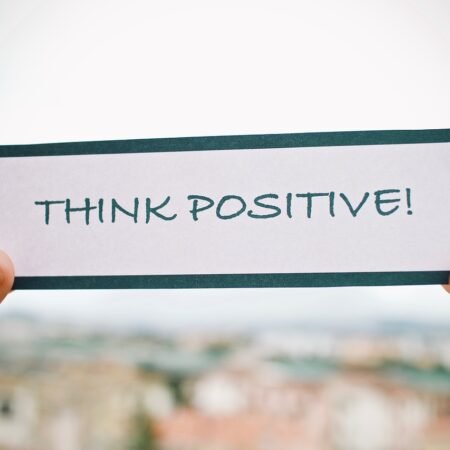Self-confidence – it’s that quiet inner strength that tells you “I can handle this.” It’s the belief in your own abilities, your judgment, and your worth. When you have it, you make decisions more easily, you bounce back from setbacks, and you go after what you want in life.
But what happens when fear and self-doubt creep in? They can hold us back, make us question ourselves, and stop us from reaching our full potential. We all experience these feelings sometimes, but it’s important to remember that they don’t have to control us.
The good news is, self-confidence isn’t something you’re born with – it’s something you build. And just as you can learn to be more confident, you can also learn to manage your fears. This article is about taking those first steps, understanding what holds you back, and discovering the strength you have inside.
Understanding Self-Confidence
Self-confidence is more than just feeling good about yourself. It’s made up of a few key parts:
- Self-efficacy: This is about believing you can achieve specific goals. It’s that “I can do this” feeling when you face a challenge.
- Self-esteem: This is your overall sense of self-worth. It’s about liking and respecting yourself, even with your flaws.
- Self-acceptance: This means embracing all parts of yourself, the good and the not-so-good. It’s about recognizing that you’re human and that’s okay.
When these three things work together, they create a strong foundation of self-confidence. And that confidence shows up in how you live your life.
People with good self-confidence tend to make decisions more easily. They’re not afraid to speak up or take risks. They also tend to have healthier relationships because they set boundaries and communicate their needs clearly. Overall, they just seem to be happier and more fulfilled.
Now, let’s clear up some misconceptions. Confidence isn’t about being arrogant or thinking you’re better than everyone else. It’s not about never making mistakes or always being right. True confidence is quiet and secure. It’s about knowing your strengths and weaknesses, and still believing in yourself.
Identifying and Challenging Fear
Fear, in its simplest form, is that feeling of unease or worry when we think something bad might happen. It can show up in lots of different ways: maybe it’s that knot in your stomach before a big presentation (anxiety), or an intense fear of something specific like spiders or heights (phobias). It could even be that dread of social situations, worrying about what others think of you (social anxiety).
Fear often stems from past experiences, things we’ve learned, or even our own imaginations running wild. Sometimes, it’s rooted in a need to protect ourselves, which is totally natural. But when fear starts to take over, it can seriously mess with our self-confidence. It makes us doubt ourselves, avoid challenges, and play it safe all the time.
The first step to tackling fear is recognizing it. What are you afraid of? What situations make you feel anxious or uncomfortable? Once you identify your specific fears, try to dig a little deeper. What thoughts or beliefs are fueling those fears? Are they based on reality, or are they just stories you’re telling yourself?
Building Self-Confidence
Building self-confidence is like strengthening a muscle – it takes time and effort, but it’s definitely possible. Here are some practical ways to start:
- Set achievable goals and celebrate your wins. Don’t try to change everything overnight. Start small and build from there. And when you accomplish something, even if it’s small, take the time to acknowledge it.
- Talk to yourself like you would to a friend. We can be our own worst critics. Challenge those negative thoughts and replace them with positive affirmations.
- Be kind to yourself. Nobody’s perfect. Learn to accept your flaws and mistakes as part of being human.
- Picture yourself succeeding. Visualization can be a powerful tool. Imagine yourself achieving your goals, and it’ll help you believe it’s possible.
- Push your boundaries. Growth happens outside your comfort zone. Try new things, even if they scare you a little.
- Surround yourself with good people. The people you spend time with have a big impact on how you feel about yourself. Choose friends who lift you up and believe in you.
- Take care of yourself. Your physical and mental health are connected. Eat well, exercise, get enough sleep, and find healthy ways to manage stress.
The Role of a Personal Coach
Sometimes, we need a little extra help. That’s where a personal coach can come in. They can offer:
- Personalized guidance: A coach will work with you to identify your goals and create a plan to achieve them.
- Accountability: They’ll keep you on track and motivated, even when things get tough.
- Support: They’ll provide a safe space for you to explore your fears and challenges, and they’ll celebrate your successes with you.
If you’re thinking about hiring a coach, look for someone who specializes in self-confidence and has experience helping people overcome similar challenges. It’s also important to find someone you connect with and feel comfortable opening up to.
Overcoming Fear
Facing your fears can be tough, but it’s the key to breaking free from their grip. Here are some tips to help you take those steps:
- Take it one step at a time. Don’t try to conquer your biggest fear all at once. Start with smaller challenges and gradually work your way up.
- Find ways to relax. When anxiety hits, try deep breathing, meditation, or other relaxation techniques to calm your mind and body.
- Challenge those negative thoughts. Fear often feeds on worst-case scenarios. When those thoughts pop up, ask yourself if they’re really true or if you’re catastrophizing. Try to reframe your perspective and focus on the positive.
- Don’t be afraid to ask for help. If your fears are overwhelming or impacting your daily life, consider talking to a therapist or counselor. They can provide tools and strategies to manage anxiety and overcome your fears.
Self-confidence is a game-changer. It impacts every area of our lives, from our relationships to our careers to our overall happiness. And while fear can hold us back, it doesn’t have to define us. We all have the power to overcome our fears and build the confidence we need to thrive.
So, what are you waiting for? Start today. Set a small goal, challenge a negative thought, or try something new that scares you a little. Every step you take, no matter how small, is a step towards a more confident and empowered you.
Remember, you’re stronger than you think. Believe in yourself, face your fears, and watch your confidence soar. You’ve got this!





